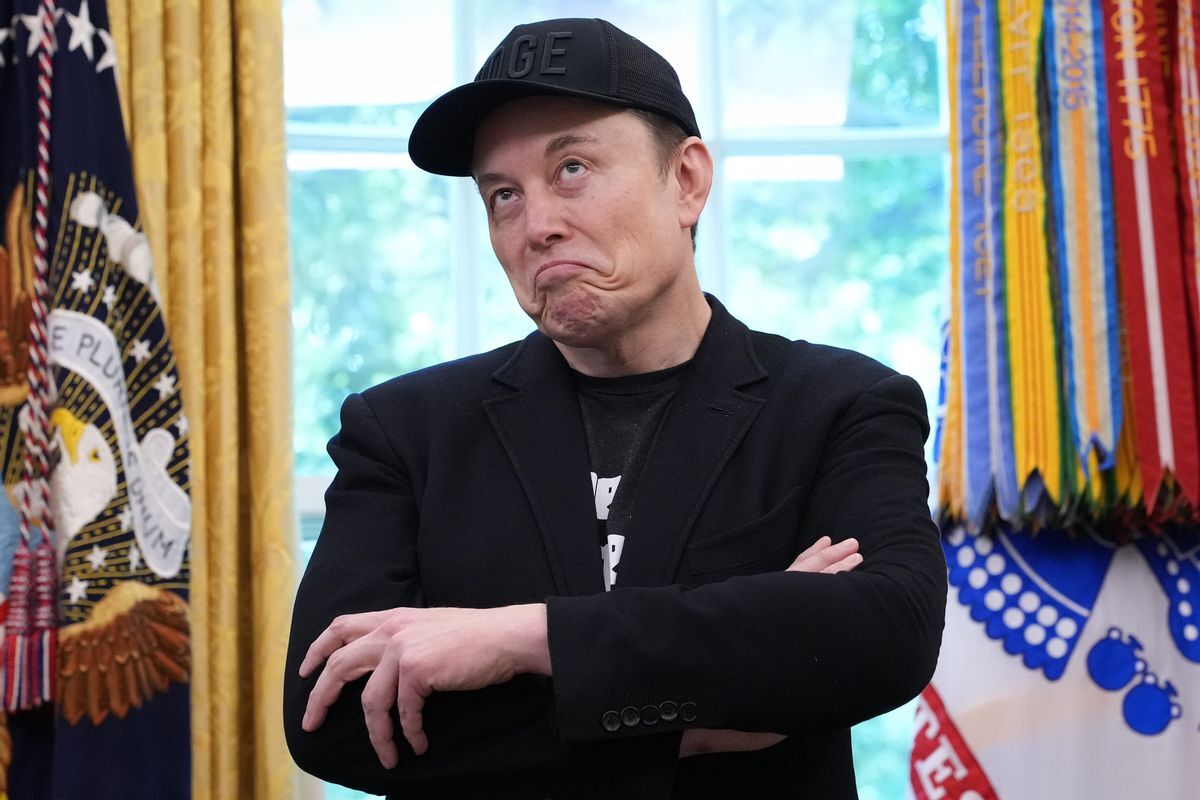US Political Blockade and the Possibility of a Third Party
TEHRAN (Defapress) - Following Donald Trump’s latest attack on Elon Musk on the social media platform Truth Social, political tensions in the U.S. have flared up once again. The former U.S. president wrote: "Without government subsidies, Musk’s businesses, including rocket launches, satellites, and electric car production, would collapse, and he should go back to South Africa."

The clash between Trump and Musk has further complicated U.S. domestic politics. While Elon Musk, as the founder of the government’s Efficiency Ministry, spent nearly 6 months in that role, the former president is now threatening him with an investigation by that very ministry in a demeaning statement.
Recently, Elon Musk sharply criticized the U.S. government’s budget bill in a tweet, threatening to establish a new party called the "America Party" if the bill passes, to ensure the voices of the American people are heard. Musk is striving to expand his influence within the U.S. political establishment to advance his ambitious agenda.
The debate over the rise of a third party in the U.S. is not new, but Musk’s remarks and the context in which they were made have fueled speculation that America may be on the brink of a major political transformation. The U.S. political system, due to the Democratic and Republican parties’ focus on partisan interests and their inability to address the country’s fundamental problems, has lost public trust and is teetering on the edge. But the key question remains: Does the U.S. truly have the capacity to embrace a new party?
To answer this, several factors must be considered. America’s political history shows that the two-party system is deeply entrenched. Since the founding of the United States, these two major parties have dominated its politics. Previous attempts to establish third parties, such as the Progressive Party in the early 20th century or the Libertarian Party in recent decades, have failed. This is largely due to the U.S. electoral structure, which favors established parties and marginalizes smaller ones.
However, the current situation differs from the past. Widespread dissatisfaction with the government’s performance, growing social and economic divides, and the rise of a figure like Musk, who wields immense financial and media influence, could yield different results. His tweet about the need for a new party immediately captured the attention of millions. This demonstrates his potential to shape political discourse, but turning this momentum into a sustainable political party requires organization, planning, and broad public support.
One of the main challenges in establishing a new party is garnering support from diverse segments of society. The U.S. is a deeply divided nation with conflicting interests and priorities. Additionally, potential pushback from the Democratic and Republican parties cannot be ignored. With their vast financial and organizational resources, these parties will likely work to suppress any new force that challenges their dominance.
The exchange between Musk and Trump marks a critical moment in U.S. domestic politics. Political gridlock, public discontent, and the emergence of disaffected yet influential figures like Musk could lead to a shift in America’s political landscape. However, the success of a new party depends on multiple factors: from its ability to organize and rally public support to overcoming the structural barriers of the U.S. electoral system.
While the idea of an "America Party" may currently seem like an emotional reaction to Trump’s demeaning attacks, its potential to become a real force in the U.S. political structure should not be underestimated.
